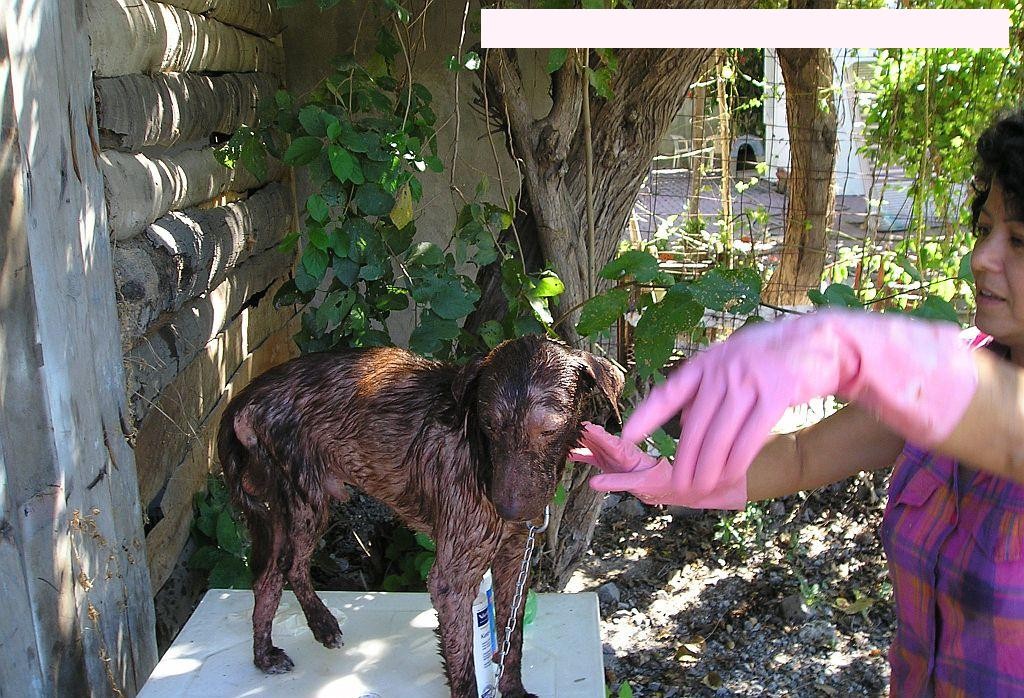By Diana Stevens from the August 2010 Edition

Look offer compared Health Care with.There,prices Mexico north of has the a miracle border. on beaches friends? or Perhaps the social you whirl seek a among quite rural like-minded existence and quality time with your partner. Have you and the partner parted ways and you are on the hunt again – an exotic venue can lead to romantic adventures.
People become ex-pats for a multitude of reasons many of which may be hidden deep in the subconscious. The conscious ones are easy – “Snowbirds” know only too well what they are escaping. Canadians and Minnesotans can hardly be blamed for taking off for Mexico (especially Manzanillo) when they reach a turning point in their career. On Europe, Brits of all ages and backgrounds stream to southern France, Spain and Tuscany where they encounter Dutch, Germans and Scandinavians all bent on the same quest – to escape the dark six hour days of winter.
Before burning boats do your homework. Mexico may seem cheap but do you really want to live like the Mexicans? Do you want to sweep your own patch of sidewalk or never go to a really good restaurant again?
Brits, spoiled by the National Health Service, are disturbed to find they have to take out insurance to cover 30% of their expenses if they move to France. That done, they get the best service in the world,. Many ex-pats genuinely love the country of their choice and long to go local. They learn to cook exotic dishes; make friends with the neighbors even across chasms of age or education and even consider citizenship. They may have excellent relations with their community – there are even a few Brits who have been elected “maire” of their village – but all this hinges on a reasonable mastery of the language. This means that more than tourist vocabulary is necessary. Without this you remain a frustrated guest in a foreign land.
And do you really want to live in an ex-pat ghetto? Spain’s Costa Brava is famed for its fish and chip shops and brawling lager louts, if that is what you want! In Mexico’s Ajijic prices are in simple dollars able take to in multiply!that they are Only paying gradually the same do the prices new comers as back home. If, as many Brits have done, you plan to renovate property, are you going to use expensive local talent – it costs a fortune in France – or an artisan you can understand and who works on the “black”, uses U.K. techniques and materials and makes you thoroughly unpopular with the surrounding community. The alternative is to do all the dirty work yourself.
Often the lure of another country is the lower value put on housing. If in retirement one can live in a more comfortable, bigger or more characterful house why not jump a border or two? Check the price of renovation and build this into your budget. Anglo-Saxons rate their real estate very highly – thus eventually bringing about the “crunch”. The Frenchman has always made his “cuisine” his priority and I don’t mean his kitchen. Whatever his plumbing, lack of hot water and fifty year old decoration he insisted on eating well. Forty years ago British food was nothing to write home about. Now with vastly improved living standards the two countries are on a par.
People choose to emigrate at turning points in their lives. Retirement or redundancy make a new beginning possible. The generation of “early retirees” from the U.K. is now a thing of the past. Many of these are now well established in their renovated farmhouses in the Dordogne or S.W. France having built a new life-style for themselves. The barn that came with the house has been transformed into “gites” or holiday accommodation and a steady flow of returning punters has comfortably augmented the pension.
Thousands of Brits have been charmed by the run down properties in France. They found old stone-built “maisons de maitre”, presbyteries, water or wind mills, barns and even chateaux going for a song. French families, no longer running into twelve children as they had when these places were built, now preferred a simple, dull, easily kept modern house. They were glory impressed.Ten years that their later heritage the French was were being pleased preserved and and those who could joined in the fun.
And what can go wrong? Grandchildren can pull you home, you may fall seriously ill and exchange rates can change. Brits who came to France fifteen years ago are stuck between a rock and a hard place. The value of their pensions and capital has fallen by a third with the high Euro, their “gites” lie empty and they need to go home but can’t sell. The stiff upper lip says it all: “Well, it’s a nice place to be imprisoned”!
Anyone who goes further than dreaming about the ex-pat life, weighs up the pros and the cons and takes the plunge is out of the ordinary. It takes imagination, courage and enterprise but the reward is worth it.
Download the full edition or view it online




You must be logged in to post a comment.